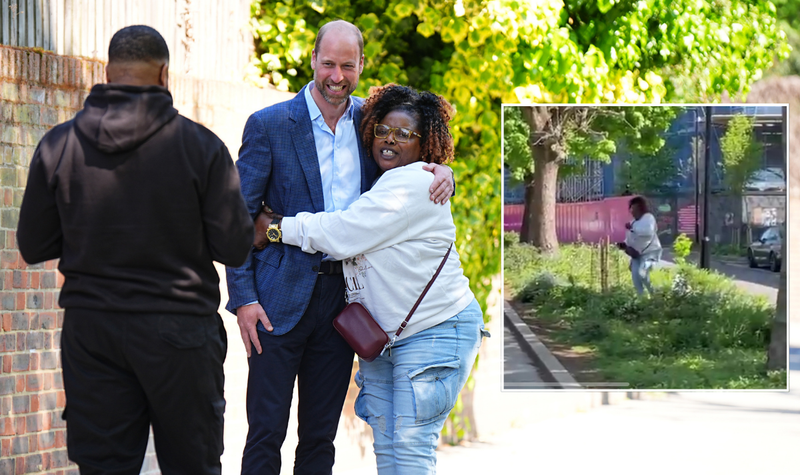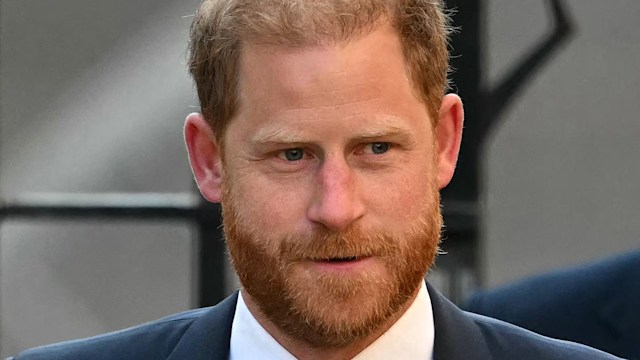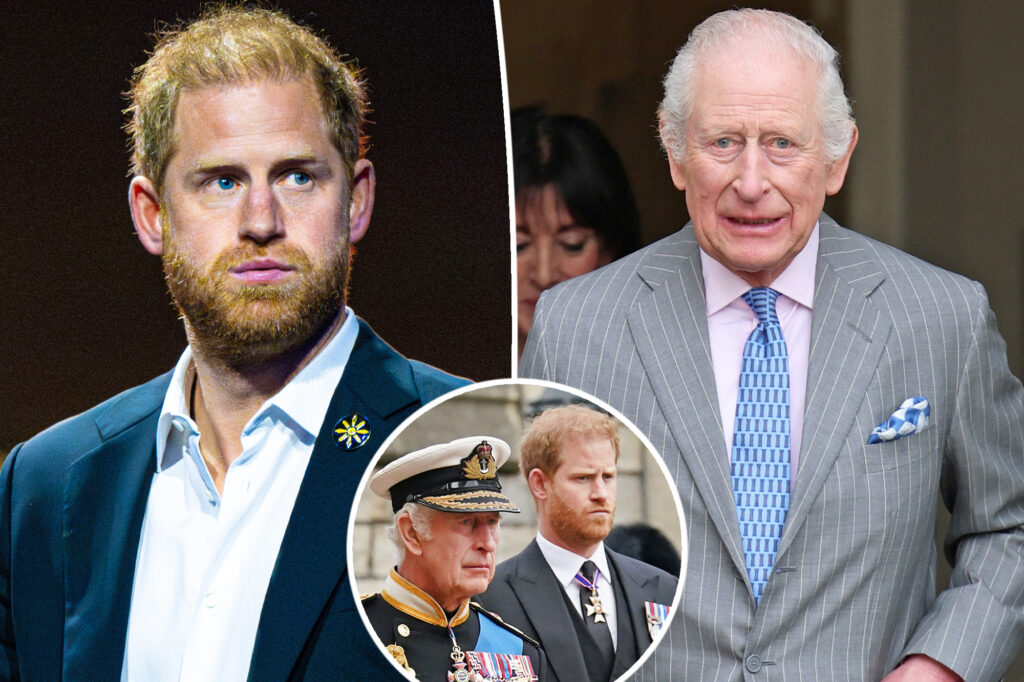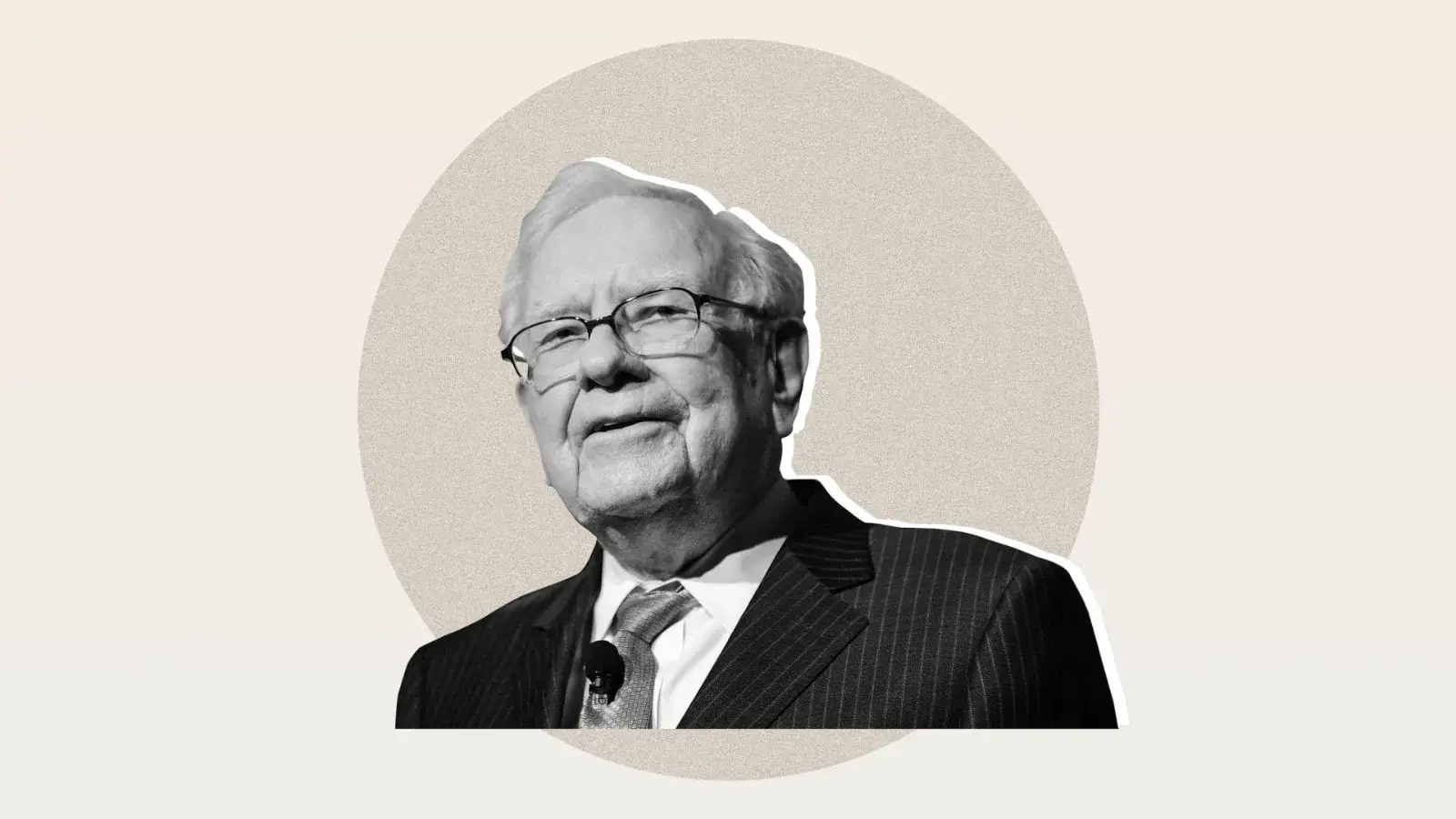Now Reading: Prince Harry Reveals Shocking Al Qaeda Death Threat After Security Downgrade
-
01
Prince Harry Reveals Shocking Al Qaeda Death Threat After Security Downgrade
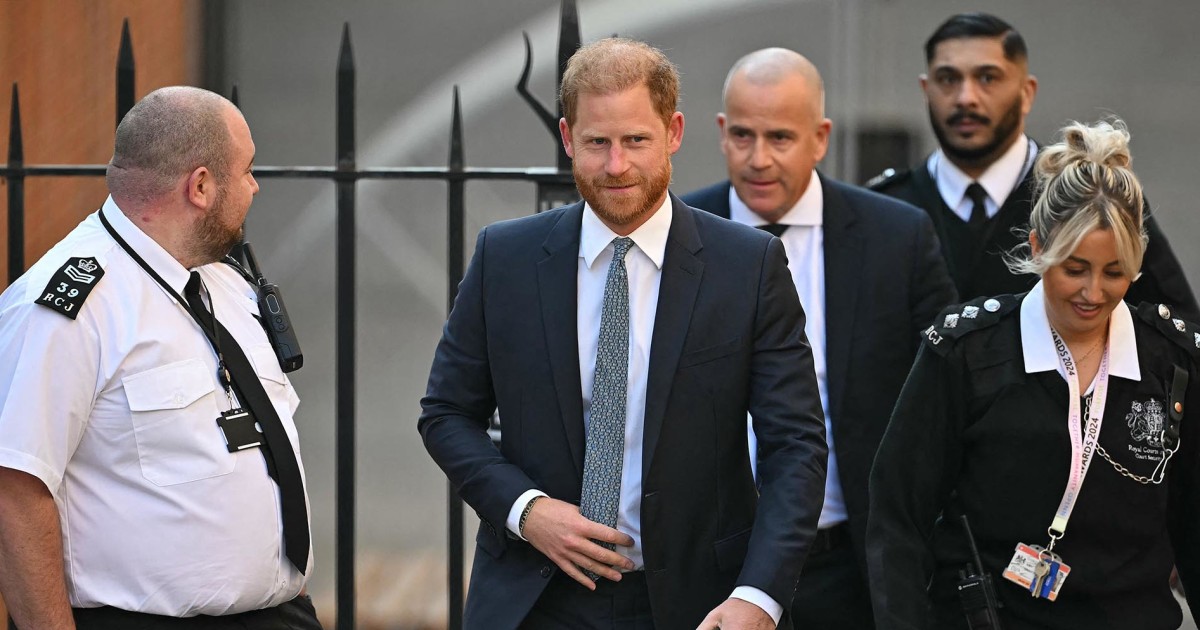
Prince Harry Reveals Shocking Al Qaeda Death Threat After Security Downgrade
Prince Harry Reveals Terrifying Al Qaeda Assassination Plot in Court Battle
In a shocking revelation that has sent waves through royal circles, Prince Harry told London’s High Court that Al Qaeda called for his murder after his taxpayer-funded security was dramatically reduced following his departure from royal duties. The Duke’s legal team dropped this bombshell during the latest hearing in his ongoing battle with the UK Home Office over his protection arrangements.
According to Harry’s barrister, Shaheed Fatima KC, the terrorist organization explicitly stated that the Duke’s assassination would “please the Muslim community” – a chilling threat that raises serious questions about the decision to downgrade his security protection.
The Royal Security Crisis Behind Closed Doors
The Duke of Sussex made a rare appearance on British soil, flying from his Montecito home to the Royal Courts of Justice in London for this critical stage of his legal challenge. At the heart of the case is a February 2020 decision by the Executive Committee for the Protection of Royalty and Public Figures (Ravec) to alter Harry’s security arrangements when visiting the UK.
Harry’s legal team argued that this decision came despite genuine threats to his life. While the exact timing of Al Qaeda’s threat wasn’t specified in court documents, it comes in the wake of Harry’s controversial revelations in his memoir Spare, where he wrote about killing 25 Taliban fighters during his military service in Afghanistan.
That admission reportedly triggered numerous death threats against the prince, with critics claiming it put a target on his back for extremist groups seeking retribution.
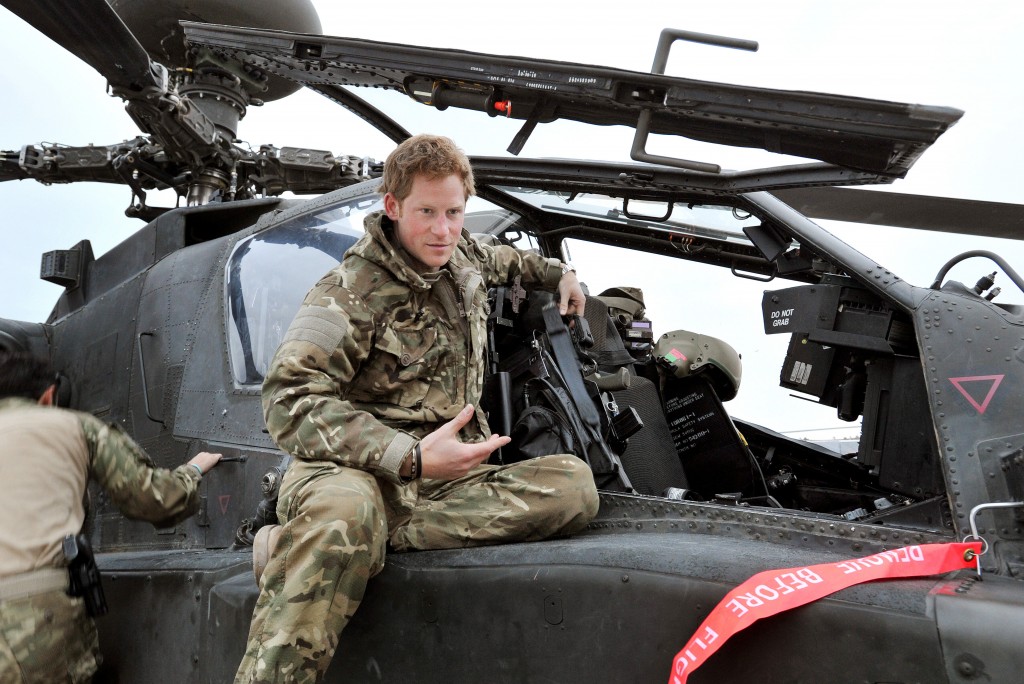
The Megxit Security Fallout: Why Harry and Meghan “Felt Forced to Step Back”
In a particularly revealing moment, Harry’s legal team stated that he and Meghan “felt forced to step back” from their roles as senior working royals because they believed “they were not being protected by the institution.” This startling claim suggests that security concerns may have played a much larger role in their decision to leave royal life than previously understood.
According to court documents, the couple had hoped to “continue their duties in support of the late Queen as privately funded members of the royal family” – a compromise that apparently wasn’t accepted by the palace establishment.
The court also heard about a “dangerous car pursuit with paparazzi” in New York in May 2023, which Harry’s team cited as further evidence of the ongoing security threats the couple faces. This incident, described as involving “reckless disregard of vehicle and traffic laws,” echoes the circumstances that led to Princess Diana’s tragic death – a parallel not lost on royal watchers.
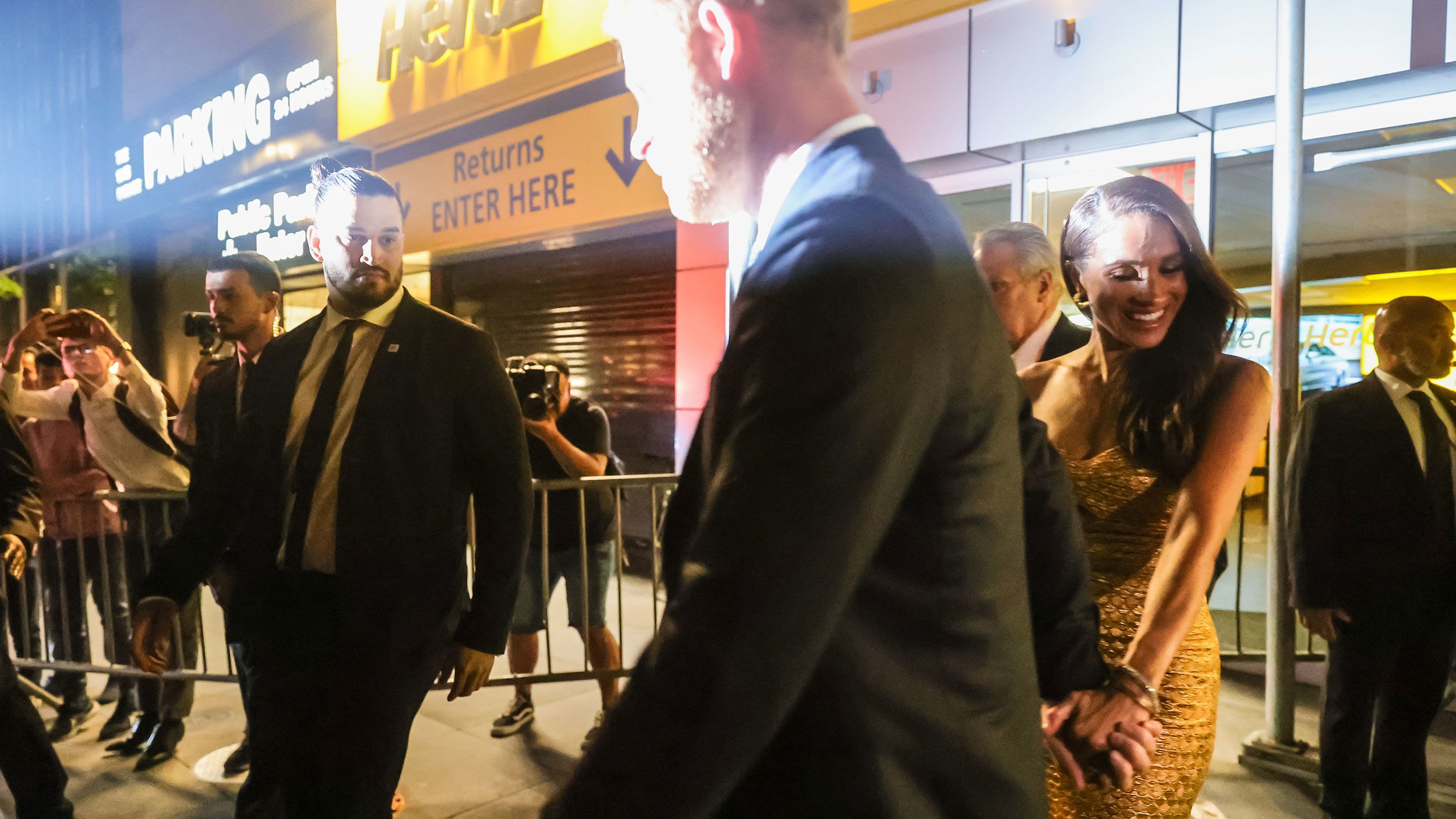
The Legal Battle: Harry Takes on the Home Office
At the technical heart of Harry’s appeal is his team’s claim that Ravec failed to follow its own procedures when assessing his security needs. His barrister argued that the committee “did not apply its own terms of reference” and instead created a “different and so-called ‘bespoke process'” specifically for Harry.
The Duke’s legal team further claimed that a risk management board (RMB) assessment was never carried out for Harry, despite standard protocol requiring such an evaluation. “By failing to undertake an RMB assessment, Ravec ‘did not apply its own terms of reference’ to its decision-making process,” Shaheed Fatima KC told the court.
The Home Office, represented by Sir James Eadie KC, has dismissed these arguments, claiming Harry’s appeal “involves a continued failure to see the wood for the trees.” The government maintains that the Duke’s circumstances did not warrant the exceptional treatment he’s seeking.
A Royal in Exile: The Personal Cost of Harry’s Security Battle
This legal battle highlights the complex reality of Prince Harry’s current position – a man born into one of the world’s most high-profile families, who now finds himself fighting for protection when returning to his homeland. The revelation of an Al Qaeda death threat underscores the very real dangers that come with Harry’s unique status.
Security experts have long noted that Harry presents a particularly attractive target for terrorists and extremists due to his military service, royal status, and high profile. His revelation about killing Taliban fighters in his controversial memoir only intensified these concerns.

The hearing is expected to conclude Wednesday, with a written decision to follow at a later date. Whatever the outcome, this case has offered a rare glimpse into the genuine security threats facing members of the royal family and the complex systems designed to protect them.
The Bigger Picture: Royal Security in the Modern Age
This case raises broader questions about how royal security should adapt to changing circumstances. In an era where royal family members increasingly seek more independent lives while maintaining some connection to the institution, the traditional all-or-nothing approach to protection seems increasingly outdated.
For Prince Harry, who continues to face unique security challenges due to his background and profile, this legal battle represents much more than a matter of principle – it’s a fight for his family’s safety when they return to British soil.
As this dramatic chapter in the post-Megxit saga unfolds, one thing remains clear: the reverberations of Harry and Meghan’s royal exit continue to expose complex tensions between personal freedom, public duty, and the very real question of who bears responsibility for keeping the couple safe in an increasingly unpredictable world.


